Amplify Black Voices in Publishing, Day 5
If you’re wondering where to find Day 4 of the series, we hope to reschedule the interview with Literary Agent Regina Brooks for later in the year.
About today’s Amplify Black Voices interviewee:
I met Dr. Tiffany Love serving on the faculty together of Harvard Medical School’s CME course, Career Advancement and Leadership Skills for Women in Healthcare and we also serve together on the CME course Writing, Publishing, and Social Media for Healthcare Professionals. As a hospital COO–and relatively new to her job–Dr. Love has done an extraordinary job making connections within her community so that the hospital was responsive and prepared in the COVID-19 health crisis. As an expert in mentoring, I knew she would be an excellent resource and voice for this blog series.
A note about links to buy books
Note: Rather link to books on Amazon, here is a link to a recent list of Black-owned bookstores that ship nationally. You can use the stores on this list to order the books mentioned in this post.
Recommended Reading and Other Education
Lisa: When it comes to understanding racism: history/how we got here, uncovering our own unconscious biases, learning what we can do in terms of our own behaviors as well as contributing to societal, legal and institutional change, what books or blogs do you recommend reading?
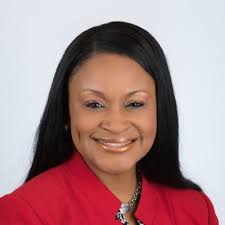
Dr. Tiffany Love: For books, I recommend, Where do we go from here? Chaos or Community? by Dr. Martin Luther King, Jr. and White Fragility by Robin Diangelo.
[I also recommend watching this] Interview with Dr. David Ansell on racial disparities in health that result from unequal distribution of power and resource.
Movies Selma, Harriet, and The Hate You Give.
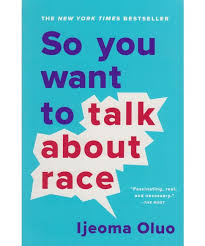 Lisa: Thank you. I was so moved and inspired by Harriet. The movie captures what an extraordinary person she was and I learned things I didn’t know. I’m in the midst of So You Want to Talk About Race by Ijeoma Oluo and it’s been a bit shocking to realize how little I know about racism and how blind I’ve been to systemic racism. The book is both brilliant and an accessible read. White Fragility is next on my list (and sitting by my bed).
Lisa: Thank you. I was so moved and inspired by Harriet. The movie captures what an extraordinary person she was and I learned things I didn’t know. I’m in the midst of So You Want to Talk About Race by Ijeoma Oluo and it’s been a bit shocking to realize how little I know about racism and how blind I’ve been to systemic racism. The book is both brilliant and an accessible read. White Fragility is next on my list (and sitting by my bed).
[bctt tweet=”Using Our Platforms to Amplify Black Voices” username=”LisaTener”]
Lisa: As writers, how can we best use our voice and platform to Amplify voices of African Americans?
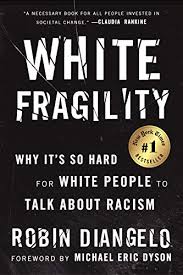 Dr. Tiffany Love: Share your platform with African American authors. Share the stories of African Americans in a way that a White person who hasn’t been exposed to racial injustice can understand. Mentor and sponsor African American authors. Amplify African American voices on social media. Share their posts with your audience.
Dr. Tiffany Love: Share your platform with African American authors. Share the stories of African Americans in a way that a White person who hasn’t been exposed to racial injustice can understand. Mentor and sponsor African American authors. Amplify African American voices on social media. Share their posts with your audience.
Uncovering Our Own Biases
Lisa: That makes so much sense. Can you say more about how one might mentor or sponsor African American authors?
Dr. Tiffany Love: As a mentor for healthcare executives, I have found that many early careerists have the education and talent but are not aware of the resources that are available to build upon their skills. I feel this same void exists with authors. Many African American writers may not be aware of how to find local writing groups. What are the conferences that authors attend? What are the continuing education opportunities that help authors develop their writing style and creativity?
Lisa: Sounds like it would be helpful for us to put together a resource about this! As authors and bloggers, what can we do better to uncover our own unconscious biases and write inclusively? What questions should we ask ourselves before pressing “publish” on a blog post or submitting our chapters to our publishing house?
Dr. Tiffany Love: Consider having an African American writer read a sample of your writing. If it’s about a lived experience then ask them if their experience has been different. Ask for the feedback that you would want from your audience to see if unexpected themes emerge.
The question you should ask yourself would depend on the topic. People who don’t have a deep exposure to the live experience of African Americans should not write on or criticize that perspective. Be sensitive to the fact that America may not care about what you’re publishing if it doesn’t relate to the current crisis we are experiencing.
Lisa: That last point is especially pertinent. I think this consciousness raising and lessons on race are inspiring many of us to ask the question, if this post or story or essay isn’t related to the biggest issue of our day (racial justice, racism) then is it important enough to share? Is it pertinent right now? Is it worthy? I think we can obviously publish things that aren’t directly about race but I do think it’s upped our game to ask ourselves, “Is it worthy during this bigger conversation?” And also, without unnecessarily linking our work to this conversation, looking at whether it is linked in some way.
[bctt tweet=”When giving our work to beta readers, are there particular questions we should ask that will help uncover biases and/or racism?” username=”LisaTener”]
Dr. Tiffany Love: Are your beta readers racially diverse? Make the effort to have people from several different backgrounds. I don’t think there are any particular questions that need to be asked. The diverse backgrounds of the readers should result in the feedback that will help the reader relate to the author.
Lisa: That’s so important. And I want to dive a bit deeper here, because sometimes beta readers provide feedback for free. But this seems unfair in this instance.
As you know, I’ve run some of my posts and emails by you and other Black colleagues for sensitivity. But there’s the important question of not wanting to burden Black people with having to give their time for free.
So I asked how I can give back—and you said you’d like feedback on your chapter.
I think it’s valuable to ask ourselves, “How do we avoid burdening our colleagues of color when it comes to asking for feedback on writing? Especially for something as large as a book?”
Dr. Tiffany Love: I have had colleagues ask me to provide feedback or blurbs for their books at a time when I was already over committed and I had to decline. I have a challenging self-imposed schedule and I limit my commitments to the people I have relationships with. I’m not likely to say yes to someone I don’t have an established rapport with.
If you are approaching someone who you don’t have an established rapport with then it’s important to offer to compensate them for their time. Have a standard rate you would like to offer in mind as a starting point for them to negotiate. They may not be familiar with what a fair rate of pay would be so they would likely appreciate the guidance.
Lisa: That’s helpful. I think our colleagues of Color, especially Black colleagues are being asked for so much right now. We need to make sure we support them and not just add to an already outsized burden by asking more of people of Color.
How to Find a Diverse Group of Beta Readers

Lisa: Many of our readers may not have a wide or diverse social circle. If they want to reach out to gather a more diverse group of beta readers, do you have suggestions for how they can find appropriate beta readers?
Dr. Tiffany Love: There are many professionals on social media. I would recommend an author reach out to professionals who represent their target audience and ask if they would consider being a beta reader for them. You can usually review their posts and determine if they fit your targeted audience.
Lisa: That’s a great suggestion and again I encourage my readers to think how they can contribute to people they are asking to beta read. Can you return the favor? Can you review their book on Amazon? Can you share their website with your community? Ideally, we should be doing these things anyway—not looking for a commercial barter but more coming from a spirit of generosity on our part before we even ask for help.
Dr. Tiffany Love: I love those ideas and I would add that you can also offer to share a review of their book or other publications on your social media page. I have done that for my colleagues. It’s easy to do and it helps them expand their audience.
Lisa: Yes!
[bctt tweet=”Mentoring and Sponsorship in the Publishing Industry” username=”LisaTener”]
Lisa: How can the publishing industry do a better job of getting established authors of any background to mentor and sponsor aspiring African American authors and help them get published?

Dr. Tiffany Love: People who commit to mentoring do so because they feel intrinsic value in mentoring. You just need to create the opportunity for them to do so. I typically mentor through my professional society and conferences like our Harvard Medical CME “Career Advancement and Leadership Skills for Women in Healthcare. ” If you have a platform or educational offering I would suggest that you solicit for authors who would like to volunteer to mentor. Once you have a list then you can offer to connect authors to others who are interested in mentoring.
Lisa: That’s a great idea. If our readers of color are looking for mentoring, email me about what goals you’d like to be mentored around. Readers who are willing to mentor, please email me about the genres and subjects for which you are able to mentor. We’ll do our best to connect people.
Is there anything you wish I asked? What would you like to leave our readers with?
Dr. Tiffany Love: As an African American author, I often feel lost when looking for resources to strengthen my writing skills. Are there resources that you can share to support writers like me?
 Lisa: My favorite books are some of the classics: On Writing by Stephen King, The Elements of Style by Strunk and White. Writing courses can be instrumental. I took courses in college but there are some good independent book writing and publishing courses like mine, as well as bigger organizations like Gotham Writers in NYC and Grub Street Writers in Boston. And I’ve heard good things from my colleague Dr. Janice Harper about Masterclass where you can take online classes recorded by celebrated authors. On Masterclass you can find:
Lisa: My favorite books are some of the classics: On Writing by Stephen King, The Elements of Style by Strunk and White. Writing courses can be instrumental. I took courses in college but there are some good independent book writing and publishing courses like mine, as well as bigger organizations like Gotham Writers in NYC and Grub Street Writers in Boston. And I’ve heard good things from my colleague Dr. Janice Harper about Masterclass where you can take online classes recorded by celebrated authors. On Masterclass you can find:
- Shonda Rhimes teaches Writing for Television
- Malcolm Gladwell teaches writing
- David Sedaris teaches Storytelling and Humor
- Spike Lee teaches Independent Filmmaking and the list goes on!
Dr. Tiffany A. Love, is a Chief Operating Officer and award-winning board-certified healthcare executive, Fellow and former Regent of the American College of Healthcare Executives (ACHE) with over 26 years of healthcare experience. Dr. Love serves as faculty, judge, & pitch coach for the Harvard Medical School CME Writing, Publishing, and Social Media for Healthcare Professionals. She reviews book proposals as a member of the American College of Healthcare Executives, Management Series Editorial Board. She has also been a featured author in Healthcare Executive Magazine and the Journal of Healthcare Management. Dr. Love is currently working on her next book, which will provide advice to healthcare executives on advancing to the C-suite.
Check out her most recent blog post Building a Culture of Caring in the C-suite at the Harvard Macy Community blog. And read our other interviews in the “Amplify Black Voices in Publishing” series interviews with Gael Sylvia Pullen, Dr. Froswa’ Booker-Drew and Ali Raja, MD.

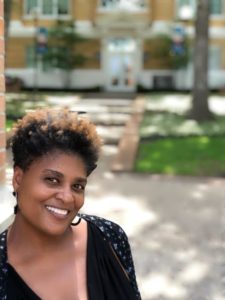 And, as a side note, from my experience, perhaps your personal and professional circles are also more diverse than you realize! Reach out to your readers and get to know them. Our readers have as much to teach us as we have to teach them.
And, as a side note, from my experience, perhaps your personal and professional circles are also more diverse than you realize! Reach out to your readers and get to know them. Our readers have as much to teach us as we have to teach them.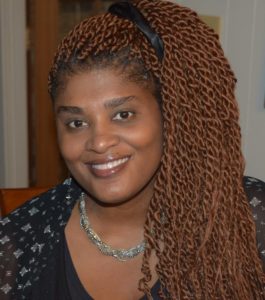 Relationships are important. Think about those in your circle that are Black or other people of color that can serve as an editor, reviewer of your materials and can offer honest, insightful feedback from a unique cultural lens.
Relationships are important. Think about those in your circle that are Black or other people of color that can serve as an editor, reviewer of your materials and can offer honest, insightful feedback from a unique cultural lens. Dr. Booker-Drew: It is amazing how the power and potential of Black spending and readers can be minimized and dismissed. This is a powerhouse of opportunity for collaboration! Groups like
Dr. Booker-Drew: It is amazing how the power and potential of Black spending and readers can be minimized and dismissed. This is a powerhouse of opportunity for collaboration! Groups like 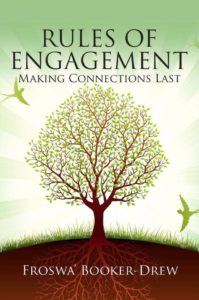 Dr. Booker-Drew: When I wrote my first two books, it was a hybrid between self publishing and a traditional publisher through
Dr. Booker-Drew: When I wrote my first two books, it was a hybrid between self publishing and a traditional publisher through 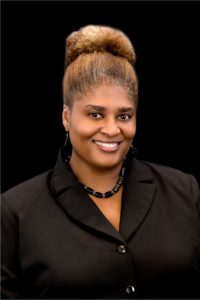

 It could be,
It could be, Gael-Sylvia: Yes. Be informed. Be open. Listen. Listen. Truly look, listen and learn. The authenticity of being able to sit with the uncomfortable question and try to process that individually is the power of the moment for non-African Americans. It’s not about, “Tell me what I need to know.”
Gael-Sylvia: Yes. Be informed. Be open. Listen. Listen. Truly look, listen and learn. The authenticity of being able to sit with the uncomfortable question and try to process that individually is the power of the moment for non-African Americans. It’s not about, “Tell me what I need to know.” Gael-Sylvia: I think that
Gael-Sylvia: I think that 
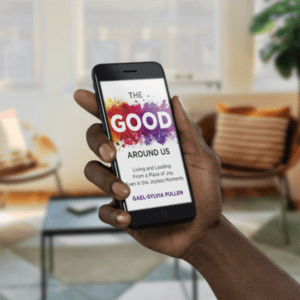 Lisa: Thank you so much for taking the time to be with me and our readers—authors, aspiring authors, bloggers, publishing professionals and others. I appreciate what a deep dive you take here and the thoughtfulness you put into your answers.
Lisa: Thank you so much for taking the time to be with me and our readers—authors, aspiring authors, bloggers, publishing professionals and others. I appreciate what a deep dive you take here and the thoughtfulness you put into your answers.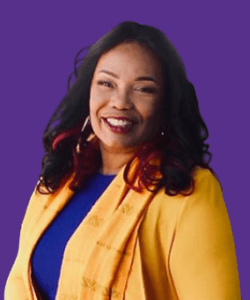
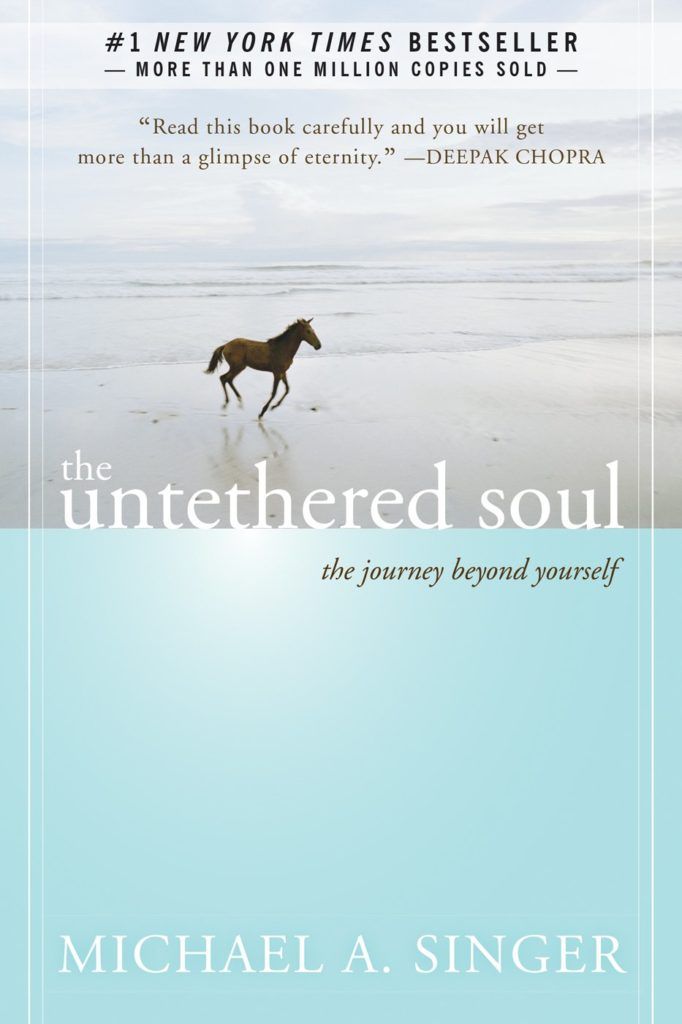 Thank you for being part of my community and entrusting me as a guide, colleague and/or coach in your book writing and publishing journey.
Thank you for being part of my community and entrusting me as a guide, colleague and/or coach in your book writing and publishing journey.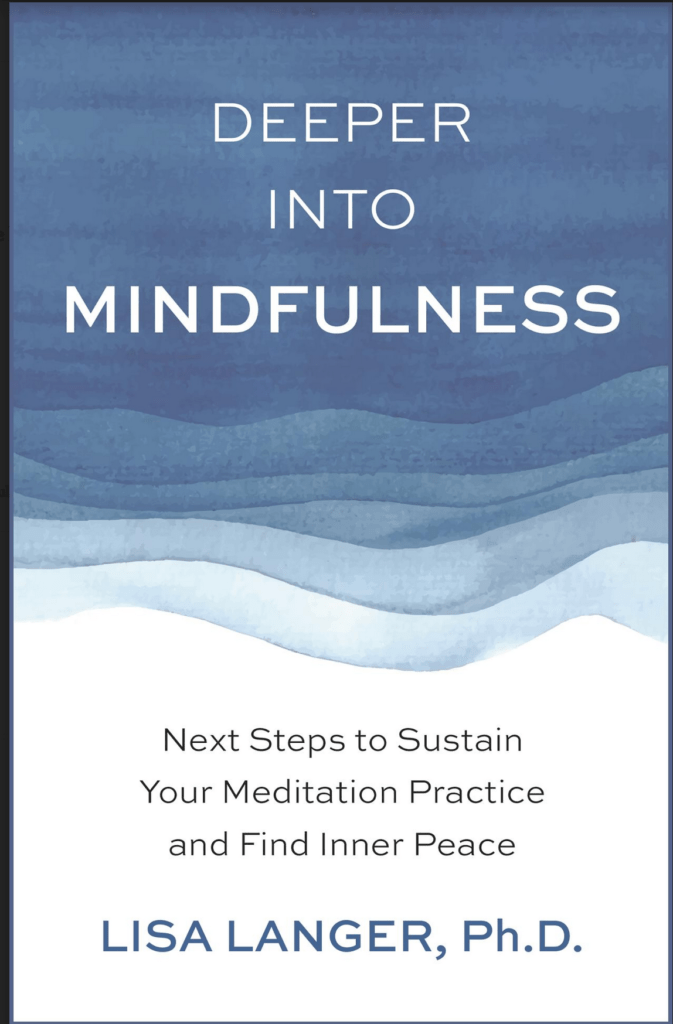 I’m grateful for the many books I’ve read this year–books I’ve picked up like Michael Singer’s (after having it on my list for a long time), the beautifully written just published novels that I’ve been receiving in Robin Kall’s
I’m grateful for the many books I’ve read this year–books I’ve picked up like Michael Singer’s (after having it on my list for a long time), the beautifully written just published novels that I’ve been receiving in Robin Kall’s 
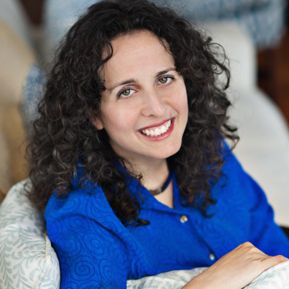

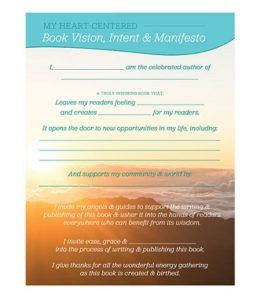
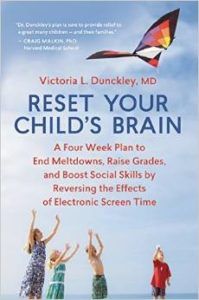 4. How much information should I give my readers and how much to save for a course or the next book or other offerings? Ever read a book where the author tries to cram in everything on the subject? It may be all-encompassing, but do you find yourself overwhelmed or unable to put all the lessons into practice? Generally speaking, less is more. You aren’t doing your readers any favors by writing a book crammed with everything. Give them the perfect amount they can actually use without flooding them with TMI (too much information). You need to decide:
4. How much information should I give my readers and how much to save for a course or the next book or other offerings? Ever read a book where the author tries to cram in everything on the subject? It may be all-encompassing, but do you find yourself overwhelmed or unable to put all the lessons into practice? Generally speaking, less is more. You aren’t doing your readers any favors by writing a book crammed with everything. Give them the perfect amount they can actually use without flooding them with TMI (too much information). You need to decide:


